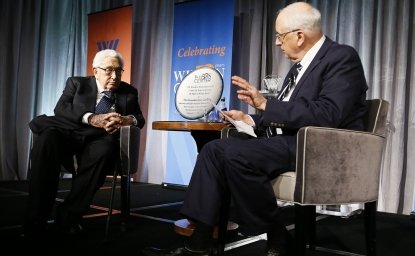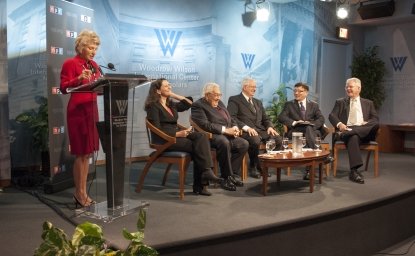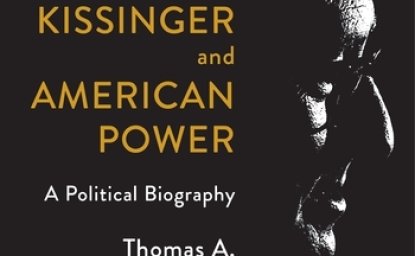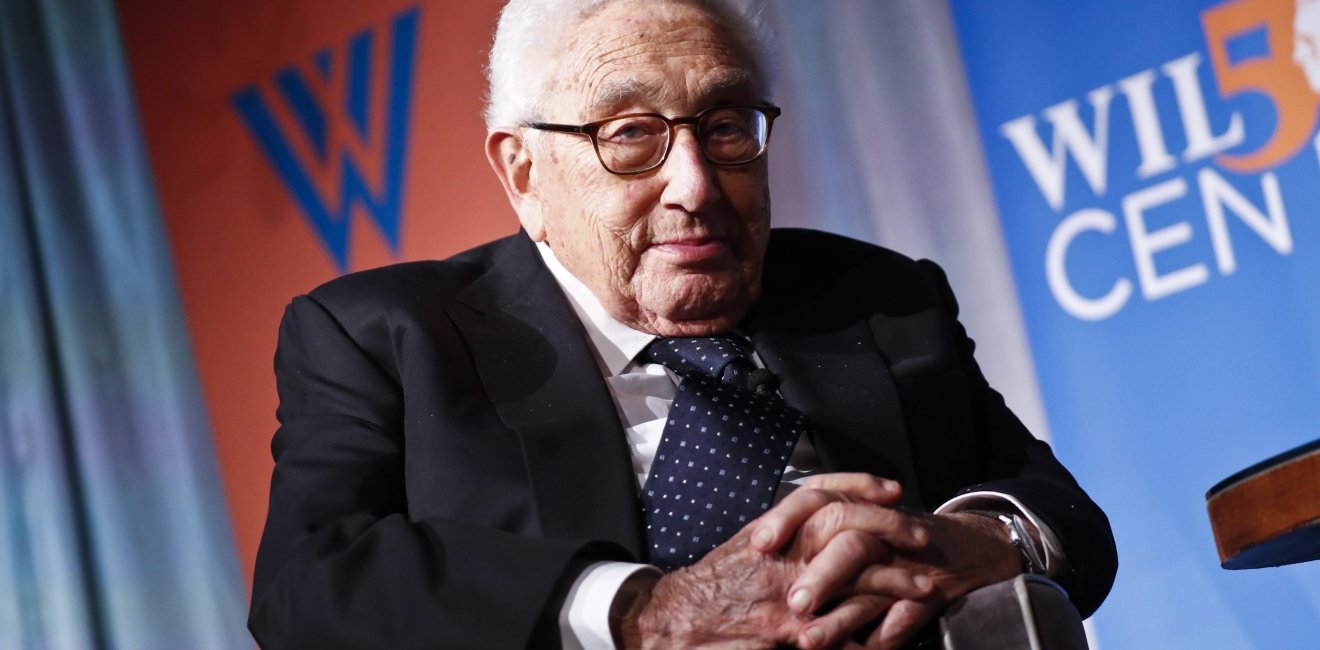
The Kissinger Institute on China and the United States joins the many Wilson Center scholars whose nations and research have been influenced by Henry Kissinger in marking the death of this extraordinary man.
Worldwide headlines will proclaim that one of the last giants is gone. Who else has touched the lives of so many, in such diverse ways, over so many eras and across such a vast geography? Historians will spend decades sorting out Henry Kissinger’s complex global legacy, but his contributions to US-China relations are relatively straightforward: together with Richard Nixon, Mao Zedong, and Zhou Enlai, Dr. Kissinger was an architect of a relationship that changed the world. He brought the two nations together in the middle of the Cold War, advised Chinese and American leaders through four decades of engagement and, toward the end of his life, warned that the superpowers were in the foothills of a new cold war. He was alarmed by the arc of the relationship and tireless in his efforts to reduce the likelihood of conflict between the rivals. Even in his hundredth year, he traveled to China in hopes of keeping relations from spinning out of control.
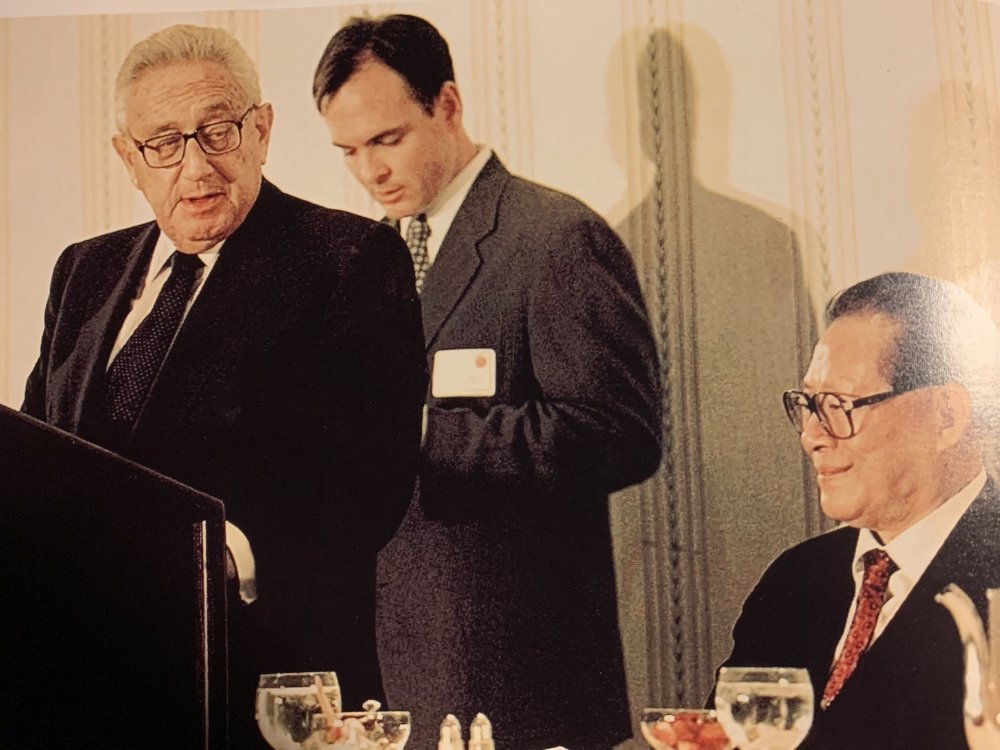
There is now no one who has his credibility in Beijing and Washington—no one who can shuttle between the capitals, sit with national leaders, and command their attention as Dr. Kissinger could.
Henry Kissinger was a scholar first and always. New readers of Diplomacy (1995), On China (2012), or World Order (2015) might open those books expecting abstruse, pedantic prose. Instead, they will find a generous writer, keen on reaching a general audience, who crafts sentences with a clarity and directness that would please Strunk & White. His writing, and his views of diplomacy, have shaped the thinking of generations of academics and have inspired the work of the Kissinger Institute, to which he was always a good friend.
Henry Kissinger’s belief that foreign policy must be grounded in understanding of the histories, cultures, and self-concepts of concerned nations is fundamental to the work of the Kissinger Institute and the Wilson Center. We will miss him—probably in more ways than we now imagine.
